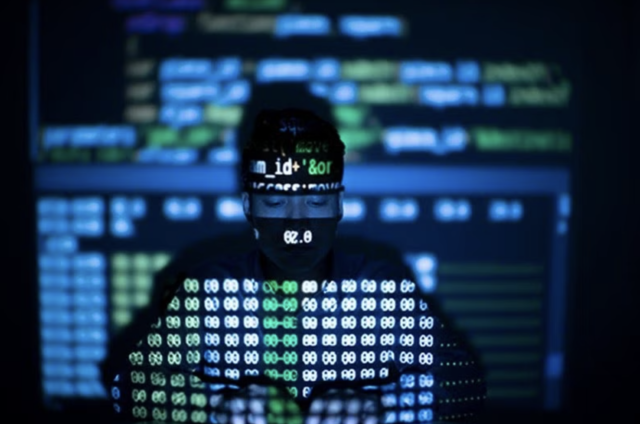North American lawyers specialising in the treatment of cyber-security cases highlighted, on Saturday in Tangier, the legal inadmissibility of the "pseudo-evidence" contained in the reports of Citizen Lab, Amnesty International and Forbidden Stories concerning the alleged use of the Pegasus software by certain countries.
At a hearing before the National Commission for the Supervision of Personal Data Protection (CNDP), US attorney Tor Ekeland of the New York bar said the so-called evidence provided by the above organizations was "inadmissible" in a US federal court because it was based on "junk science".
"The first thing an American court does in reviewing scientific evidence is to see if the evidence meets the principle of reproducibility," he said. However, he noted that the Citizen Lab results cannot be reproduced in any way, which is in itself a "red flag".
Moreover, he continued, "the first thing I noticed in this case is the particularly vague and ambiguous nature of the conclusions of Amnesty International and company". The report of the above-mentioned organizations merely cites "traces" of an alleged Pegasus presence, without giving any explanation of what these traces mean, Ekeland observed.
Similarly, the US lawyer continued, the other concept that US courts rely on in reviewing any scientific evidence is that of "refutability".
"What Amnesty and Citizen Lab are doing is, in my opinion, very dangerous, because they are promoting a kind of junk science and making accusations that they can't back up because no one else has done any testing," he said.
Agreeing, New York-based Canadian lawyer Michael Hassard, also a computer expert, explained that when scientific evidence is submitted for analysis, it can often be subject to 'confirmation bias'.
"When fingerprints were first used in forensics, they were subject to confirmation bias, and the same thing happened with hair analysis, dental records and even DNA analysis," he said.
He cited the book on this issue by Chris Fabricant, a lawyer for the American organization “The Innocence Project”, entitled "Junk Science and the American Criminal Justice System".
The methods of scientific analysis of evidence in the field of cyber security and computer science are relatively recent and far from infallible, Hassard noted.
Latest Stories
-
Celestine Donkor speaks on report of undergoing weight loss surgery
4 mins -
Bright Simons: The SML defence “falls flat”
12 mins -
We need long term macroeconomic stability to build a strong and vibrant economy – Deloitte Boss
12 mins -
Adomaa Adjeman to make theatre debut as Aku Sika in Prof Martin Owusu’s epic
14 mins -
U.S. government supports Ghanaian partners to protect Intellectual Property
19 mins -
Eric Johnson
25 mins -
Tanzania denies abuse reports as World Bank halts funds
33 mins -
2024 polls: The person I defeated twice can’t succeed me – Akufo-Addo
40 mins -
NBA: Miami Heat beat Boston Celtics to even series
49 mins -
Two sentenced for stealing over 1,000 bags of rice
54 mins -
Zulu monarchy in row over king’s praise singer
57 mins -
Xavi to remain as Barcelona coach until at least June 2025
59 mins -
2Pac’s estate threatens to sue Drake over use of late rapper’s AI-generated voice
1 hour -
Yaw Nsarkoh: The President’s letter on the KPMG (SML) Report
1 hour -
Manasseh’s praise and criticism of Akufo-Addo’s action on the SML scandal
1 hour

